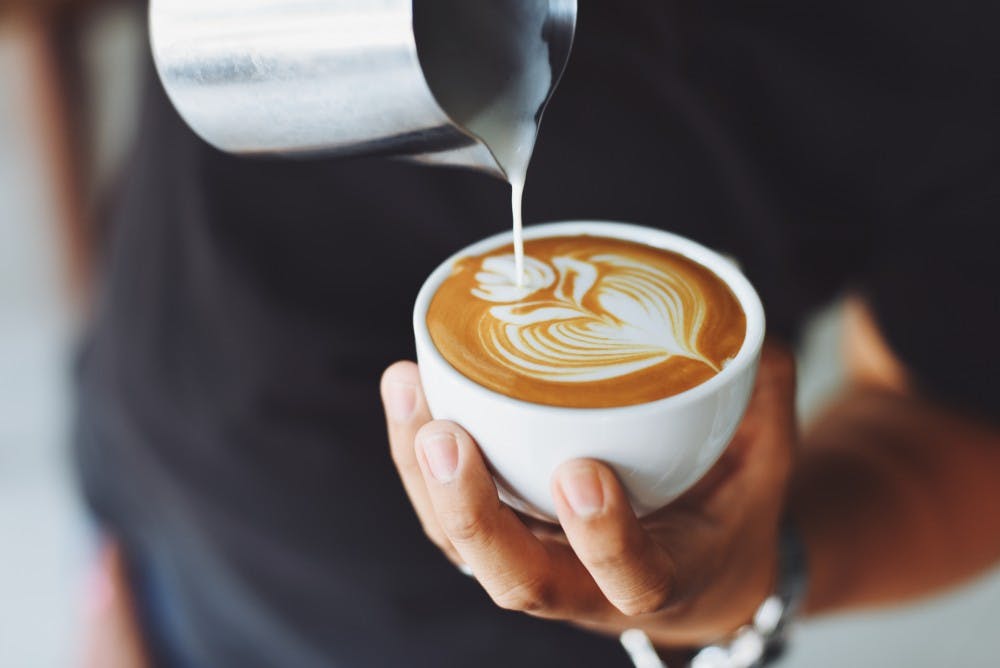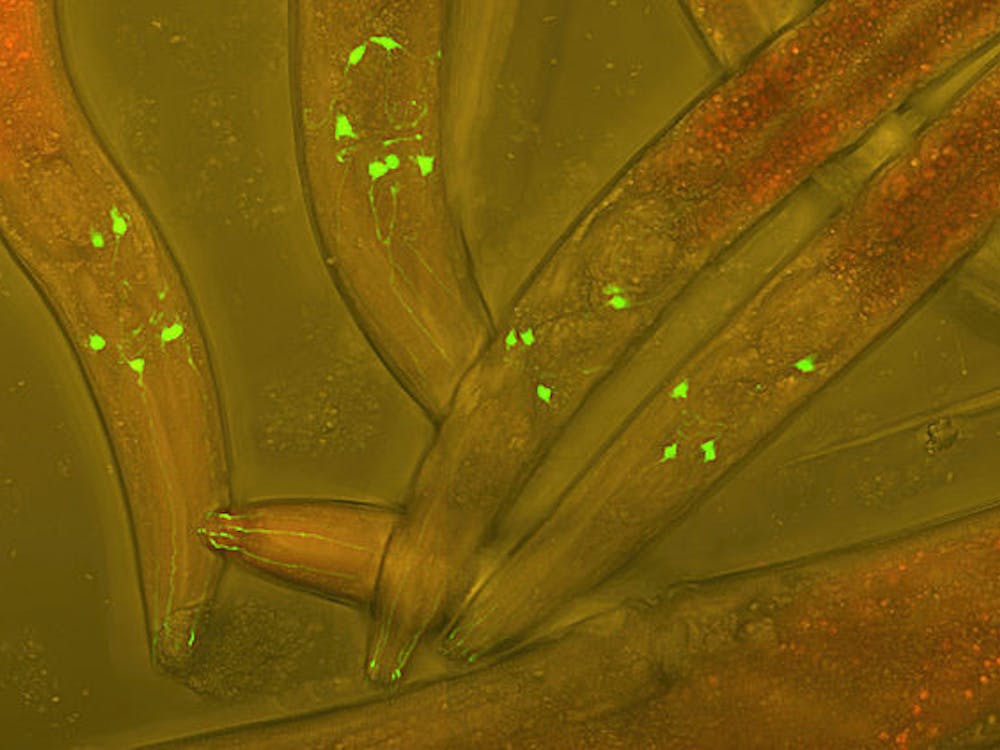Coffee is often considered to be an important part of one’s daily morning routine. On the way to work or class, most people stop by the nearest coffee shop to grab a cup of caffeine to help kick start the day. Along with their coffee, people will often reach for a donut or muffin in the nearest display case. According to researchers at Cornell University, there’s a scientific explanation for why we’re tempted to grab that sweet treat.
Caffeine, a stimulating compound found in coffee and tea, is said to alter taste perception by reducing tastebud sensations, thereby decreasing the how sensitive our mouths are to sweets.
This is all explained by how caffeine acts on adenosine receptors. When adenosine binds to its corresponding receptors, neural activity slows down and the sluggish feeling sets in. Caffeine — known as the adenosine-receptor antagonist — has the job of counteracting this process, resulting in an increase in alertness.
Furthermore many past studies have stated that there are many adenosine receptors situated in the taste buds. When caffeine enters the system as an antagonist of adenosine receptors, it not only decreases feelings of fatigue, but also decreases the taste buds’ sensitivity to sweetness which can make people desire sweet foods.
Researchers at Cornell University tested this hypothesis through a blind study on two groups. The first group was given a mixture of decaffeinated coffee and 200 milligrams of caffeine while the control group was given a cup of unaltered decaffeinated coffee. Results indicated that those who drank the caffeinated coffee reported the brew to be less sweet than those who drank the unaltered decaffeinated coffee.
“When you drink caffeinated coffee, it will change how you perceive taste — for however long that effect lasts,” Robin Dando, assistant professor of food science and the senior author of the research, said to ScienceDaily.
Not only does caffeine have a powerful effect on taste, but caffeine also has a powerful hold over the mind.
A question that most likely crosses all coffee drinkers’ minds at some point is whether the caffeine is working. But what if researchers could tell us that it may actually all be in our heads?
Most people have heard of the placebo effect. In short, the placebo effect is a fake treatment that produces, what seems like, real responses.
To illustrate this, researchers at Cornell University conducted another experiment with two groups. They instructed the participants to describe their level of alertness and estimate the amount of caffeine in their coffee. The first half of the subjects received a placebo, a cup of decaffeinated coffee, and the other half drank a cup of caffeinated coffee. Despite the treatment assigned, the subjects all reported an increased level of alertness.
The results indicated that drinking caffeinated coffee didn’t provide different results when compared to the results of drinking decaffeinated coffee.
“We think there might be a placebo or a conditioning effect to the simple action of drinking coffee,” Dando says. “What seems to be important is the action of drinking that coffee. Just the action of thinking that you’ve done the things that make you feel more awake, makes you feel more awake.”





